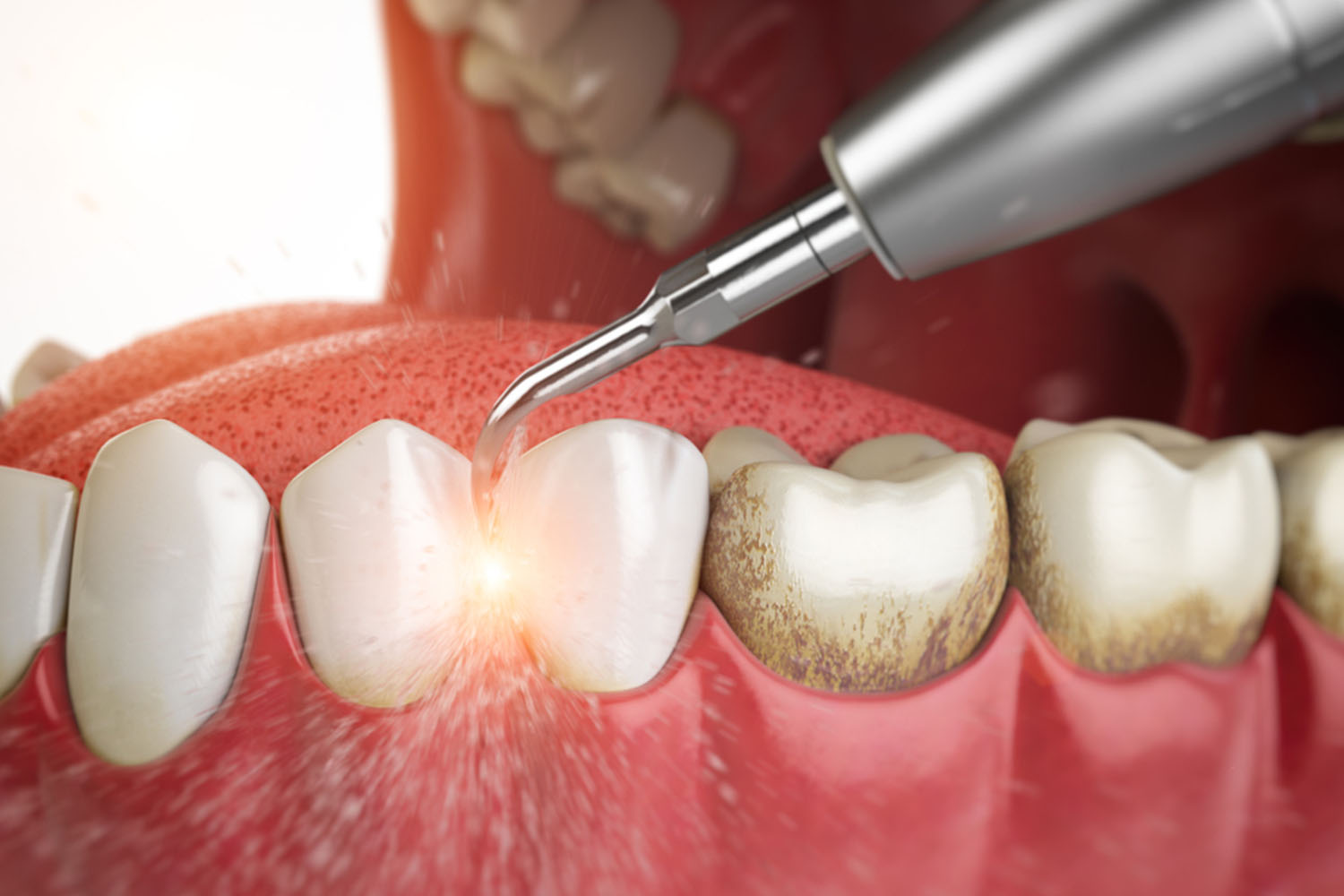Overview
We all know the importance of brushing our teeth twice a day and flossing regularly. But even the most diligent brushers can miss hidden crevices, and plaque can stubbornly build up. That’s where professional teeth cleaning comes in, offering a powerful boost to your oral health routine. Let’s delve into the science behind teeth cleaning and explore what international research tells us about its benefits.

The Science of Teeth Cleaning
Our mouths are teeming with bacteria, some beneficial and others harmful. When these bacteria interact with food particles, they form a sticky film called plaque. Plaque constantly forms on teeth, and if not removed through brushing and flossing, it hardens into calculus, also known as tartar. Tartar clings firmly to teeth and below the gum line, becoming a haven for more bacteria.
This bacterial buildup can irritate gums, leading to gingivitis, the early stage of gum disease. Left untreated, gingivitis can progress to periodontitis, a severe gum infection that can damage the bone supporting your teeth. Professional teeth cleaning tackles plaque and tartar buildup in ways brushing alone cannot.
International Research on Teeth Cleaning
The benefits of professional teeth cleaning are well-documented in international research. A 2019 study published in the Journal of Dentistry reviewed data from multiple studies on the effectiveness of teeth cleaning in preventing gum disease. The research concluded that regular teeth cleaning significantly reduces gingivitis and slows the progression of periodontitis.
Furthermore, a 2020 study published in the International Journal of Dental Hygiene investigated the link between teeth cleaning and overall health. The research suggests that regular professional teeth cleaning may reduce the risk of heart disease and diabetes by managing inflammation caused by gum disease.
What Happens During a Teeth Cleaning?
A professional teeth cleaning, typically performed by a dental hygienist, involves several steps:
- Oral Examination: The hygienist will assess your overall oral health, checking for signs of gum disease and other potential issues.
- Plaque and Tartar Removal: Specialized instruments are used to meticulously remove plaque and tartar buildup from the surface of your teeth and below the gum line.
- Flossing: The hygienist will floss between your teeth to remove any lingering plaque or food particles.
- Polishing: A gritty toothpaste is used to polish your teeth, removing surface stains and leaving them feeling smooth.
Beyond the Basics: Additional Benefits
Regular teeth cleaning offers a range of benefits beyond preventing gum disease:
- Fresh Breath: By removing bacteria that contribute to bad breath, teeth cleaning can leave your mouth feeling fresh and clean.
- Brighter Smile: Removing surface stains can whiten your teeth and enhance your smile’s brilliance.
- Early Detection of Problems: During the cleaning, the hygienist can detect potential problems like cavities or early signs of gum disease, allowing for early intervention.
Professional teeth cleaning is not just a feel-good procedure; it’s a crucial component of maintaining good oral health. International research consistently highlights its effectiveness in preventing gum disease and potentially improving overall health. Schedule regular teeth cleaning appointments with your dentist to keep your smile healthy and bright. Remember, this blog provides general information, and consulting a dentist is essential for personalized dental care plans.



